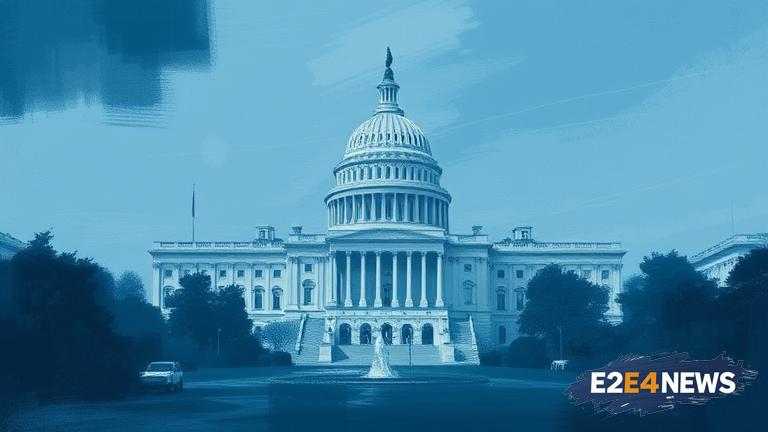Congressional investigations are a crucial aspect of the US legislative system, allowing lawmakers to oversee the executive branch and hold it accountable for its actions. However, these investigations often encounter thorny issues that can impede their progress and undermine their legitimacy. One of the primary challenges faced by congressional investigators is the issue of jurisdiction, which can lead to conflicts between different committees and branches of government. Furthermore, the assertion of executive privilege by the president or other executive branch officials can limit the ability of investigators to access crucial information and testimony. Additionally, concerns about transparency and secrecy can arise, particularly when it comes to sensitive or classified information. The use of subpoenas and other compulsory measures can also be a point of contention, with some witnesses or entities resisting or refusing to comply. Moreover, the politicization of investigations can undermine their credibility and effectiveness, with some lawmakers using the process to advance their own partisan agendas. The role of the media and public opinion can also impact the trajectory of investigations, with intense scrutiny and pressure from the public and the press potentially influencing the actions of investigators. Despite these challenges, congressional investigations can be a powerful tool for promoting accountability and transparency in government. By navigating the complex web of jurisdictional, procedural, and political issues, investigators can uncover important information and shed light on wrongdoing or misconduct. The history of congressional investigations is replete with examples of successful inquiries that have led to significant reforms and changes in government policy. From the Watergate scandal to the Iran-Contra affair, congressional investigations have played a critical role in exposing corruption and abuse of power. In recent years, investigations into issues such as Russian interference in the 2016 election and the Trump administration’s handling of the COVID-19 pandemic have highlighted the ongoing importance of congressional oversight. However, the effectiveness of these investigations is often dependent on the willingness of lawmakers to work across party lines and prioritize the public interest over partisan gain. The use of bipartisan or independent commissions can help to mitigate the risks of politicization and ensure that investigations are conducted in a fair and impartial manner. Ultimately, the success of congressional investigations depends on a range of factors, including the commitment of lawmakers, the cooperation of witnesses and entities, and the support of the public and the media. By understanding the complexities and challenges of congressional investigations, lawmakers and the public can work together to promote accountability, transparency, and good governance. The future of congressional investigations will likely be shaped by a range of factors, including changes in the political landscape, advances in technology, and shifting public attitudes towards government and institutions. As the US legislative system continues to evolve, it is essential that lawmakers and the public remain vigilant and committed to the principles of accountability, transparency, and oversight. The consequences of failing to do so could be severe, with the potential for corruption, abuse of power, and erosion of trust in government. In conclusion, congressional investigations are a vital component of the US system of government, and their effectiveness is crucial for promoting accountability, transparency, and good governance. By navigating the thorny issues and challenges that arise during these investigations, lawmakers can help to ensure that the executive branch is held accountable for its actions and that the public interest is protected.
